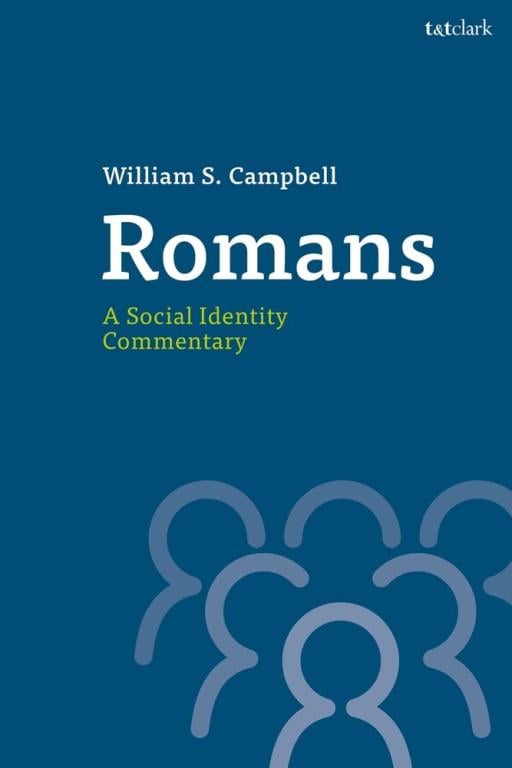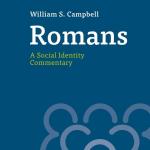Q. P.109ff. I found the argument that what is being opposed is only adult circumcision in Rom. 2 doesn’t make sense to me when I consider what Paul is arguing against with his fellow Jewish Christians in Galatia, who want to circumcise Gentiles, regardless of age so they can become full-fledged Jews. Clearly Paul views circumcision as the sign of the Mosaic covenant just as baptism is the sign of the new covenant inaugurated by Christ. Put another way, circumcision is an entrance ritual which as originally practiced had nothing to do with repentance or consent since it was largely practiced on the 8th day. Paul says that a Gentile who gets themselves circumcised is thereby obligated to keep the whole 613 commandments of Moses. What Paul says in Rom. 2 needs to take account of what he has already argued against in Galatians. What is at stake, and Paul makes this clear in Gal. 4, is covenantal theology, with the Mosaic covenant viewed as the childminder until Christ came and fulfilled that covenant’s demands. Paul connects the Abrahamic covenant to the new one, and distinguishes both from the Mosaic covenant which he does not think either Jews or Gentiles who are Christ followers have to keep any longer. This is why Abraham and not Moses is set up as a paradigm or precursor to what faith or trust in God should look like for Christ-followers. I think Paul would point out to you that ‘Abraham our forefather according to the flesh’ was certainly not circumcised on the 8th day, not being under the Mosaic covenant, and that the Abrahamic covenant is the one connected by Paul to the new covenant. The new covenant is definitely not a renewal of the Mosaic one, which Christ fulfilled. Paul’s thinking is eschatological and grounded in both the Christ event and his reading of Jerm. 31, very similar to the way it is read in Hebrews. How would you read Galatians 4 differently?
A. Romans 2 has been notoriously difficult to interpret, so much so that E.P.Sanders at one point mentions despairing of making good sense of any of it. As noted, part of the problem is the analysis of the actual content Paul includes in the chapter, which I think I have adequately dealt with in my commentary. On the point that circumcision can transform an adult gentile man into a Jew I have argued and demonstrated that nowhere in the OT or Jewish literature of the time is there an example of such an adult transformation. Adult circumcision in the OT only enables certain social interaction between Jews and non-Jews in the land of Israel, and seems to be a sign for a proselyte and his turning to the one God during the Second Temple Period. But only the grandson of such a person would be considered a full member of the people Israel as Philo indicates (Virt 108, cf. Commentary 1105). The real issue for a proselyte is not his own circumcision but rather the circumcision of his son on the 8th day. Only thus could this son become the father of a boy born to a man who had been circumcised on the 8th day and thus this boy (that is the third generation) would become a full member of the people Israel. Although Jews welcomed interested gentiles, they were not actively seeking proselytes because becoming a Jew, if it was considered possible at all, was a process over at least three generations. Only Rabbinic Judaism at a later date accepts the conversion of a gentile to become a Jew, and only then did adult circumcision become the sign of such a conversion.













